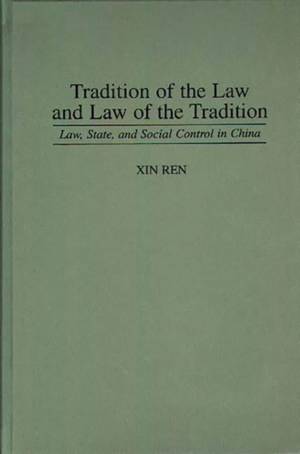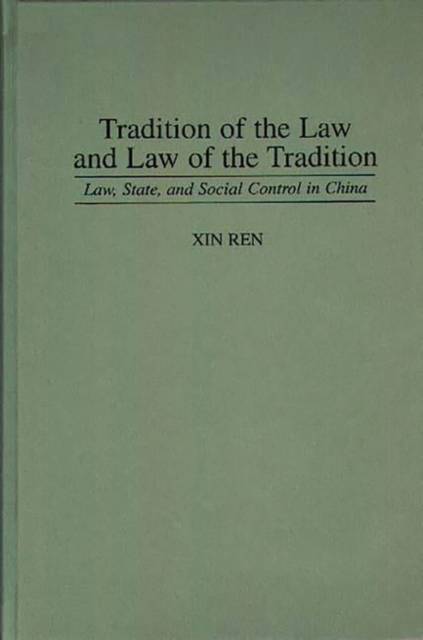
Bedankt voor het vertrouwen het afgelopen jaar! Om jou te bedanken bieden we GRATIS verzending (in België) aan op alles gedurende de hele maand januari.
- Afhalen na 1 uur in een winkel met voorraad
- In januari gratis thuislevering in België
- Ruim aanbod met 7 miljoen producten
Bedankt voor het vertrouwen het afgelopen jaar! Om jou te bedanken bieden we GRATIS verzending (in België) aan op alles gedurende de hele maand januari.
- Afhalen na 1 uur in een winkel met voorraad
- In januari gratis thuislevering in België
- Ruim aanbod met 7 miljoen producten
Zoeken
€ 161,45
+ 322 punten
Omschrijving
Traditionally, social theorists in the West have structured models of state social control according to the tenet that socialization is accomplished by means of external controls on behavior: undesirable actions are punished and desirable actions result either in material reward or a simple respite from the oppressive attentions of an authoritarian state. In this volume, the author presents the tradition of law in China as an exception to the Western model of social control. The Confucian bureaucracy that has long structured Chinese social life melded almost seamlessly with the Maoist revolutionary agenda to produce a culture in which collectivism and an internalized adherence to social law are, in some respects, congenital features of Chinese social consciousness. Through her investigation of the Maoist concept of revolutionary justice and the tradition of conformist acculturation in China, the author constructs a fascinating counterpoint to traditional Western arguments about social control.
Specificaties
Betrokkenen
- Auteur(s):
- Uitgeverij:
Inhoud
- Aantal bladzijden:
- 200
- Taal:
- Engels
- Reeks:
Eigenschappen
- Productcode (EAN):
- 9780313290961
- Verschijningsdatum:
- 25/03/1997
- Uitvoering:
- Hardcover
- Formaat:
- Genaaid
- Afmetingen:
- 156 mm x 237 mm
- Gewicht:
- 421 g

Alleen bij Standaard Boekhandel
+ 322 punten op je klantenkaart van Standaard Boekhandel
Beoordelingen
We publiceren alleen reviews die voldoen aan de voorwaarden voor reviews. Bekijk onze voorwaarden voor reviews.









